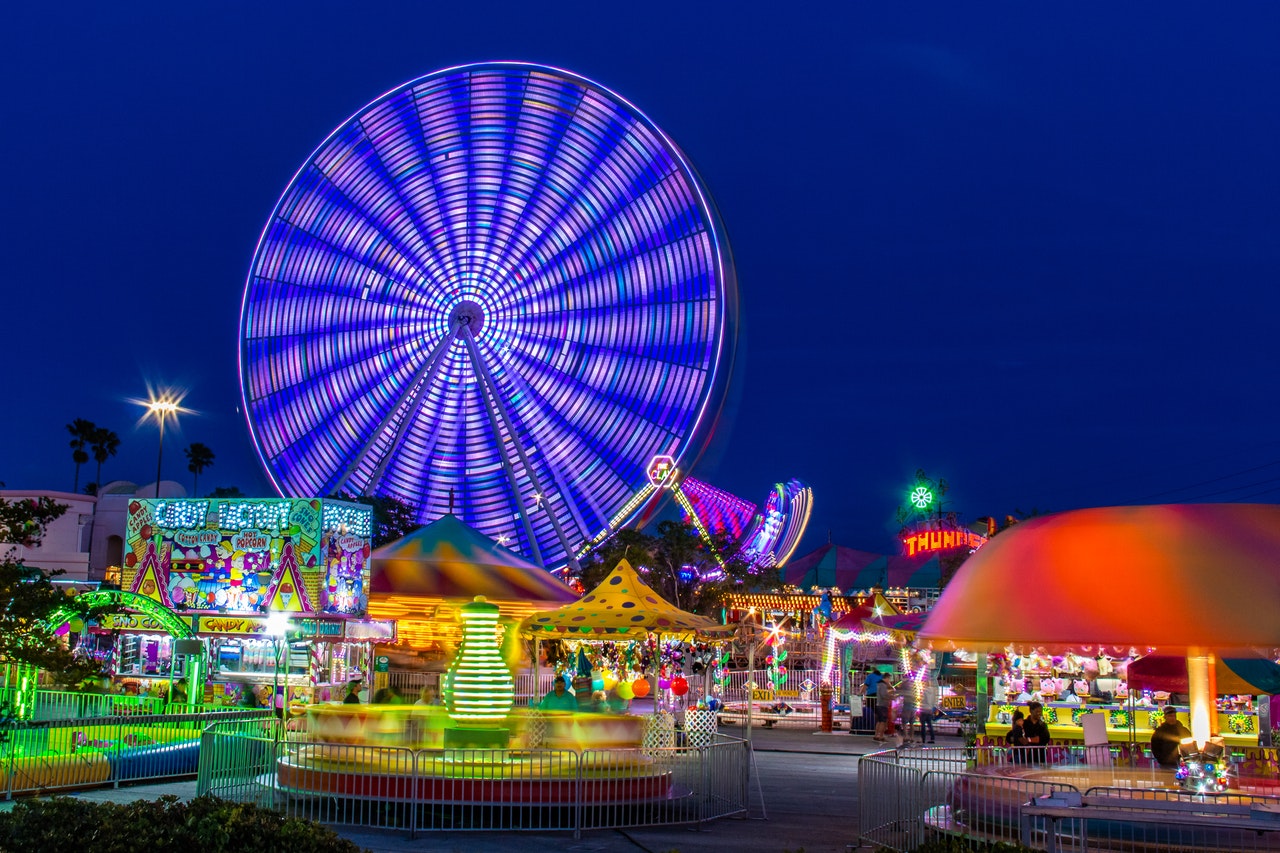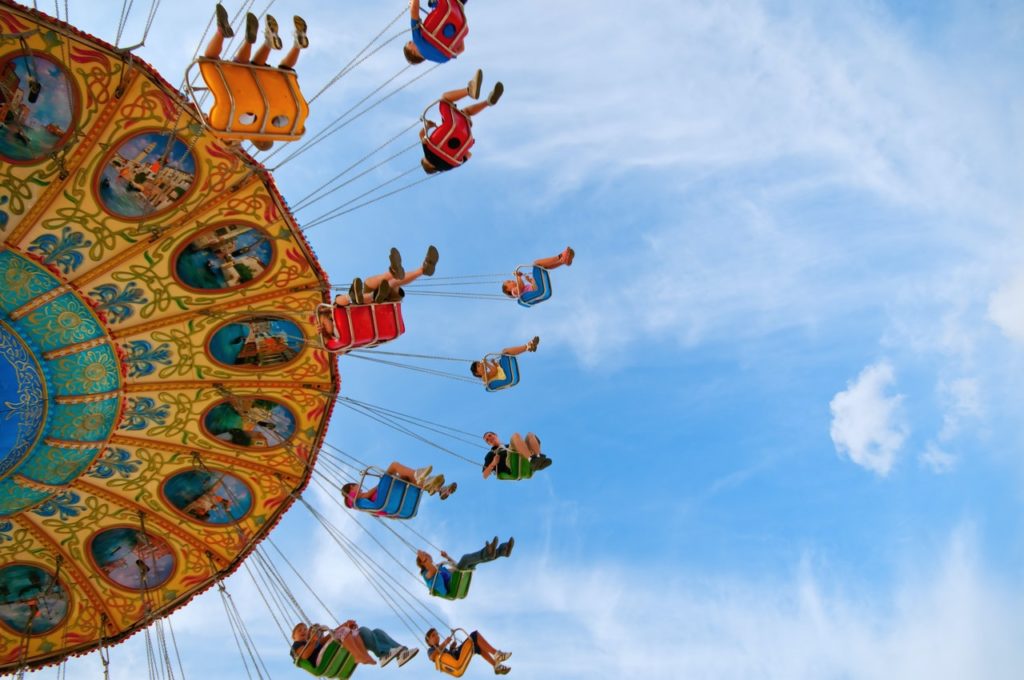The entertainment industry has always been one of the most lucrative sectors worldwide. Some of the most prized businesses in the entertainment sector come in theme parks known for bringing billions of dollars in revenue in a year. It’s known that theme parks have accumulated a total of 22 billion dollars in 2019 alone.
One of the happiest places on the planet is usually in the form of theme parks. Not only are theme parks a good source of amusement and fun, but it’s also known for being tourist attractions that can help funnel in even more potential customers to a particular country or city.
But the current public health crisis has caused a variety of financial problems to theme parks. In the past year, the COVID-19 pandemic has caused a plummet in foot traffic, as most individuals will have to abide by safety rules and regulations. But even though the pandemic is still raging on, the current economic and social climate has become even more optimistic, especially when pharmaceutical companies are starting to roll out vaccines that could potentially bring society back to “normal.”
As confidence has been slowly increasing for industries to re-open, many businesses have been figuring out different strategies to reopen safely and implementing proper health protocols. So how is COVID-19 affecting theme parks? Will there be a shift in trends and demand during the new normal? Here’s what you’ll need to know when it comes to strategies that amusement parks and much of the entertainment sector can put into practice.
What Theme Parks Are Hit the Hardest?
One of the hardest-hit theme parks in the industry is Disney, which is known for its plays and iconic, timeless characters that have influenced many adults’ childhoods. Disney has reportedly lost around 2.4 billion dollars worth of revenue from foot traffic plummet during the pandemic.
Still, the show must go on for these theme parks if business should continue. Although the amount of foot traffic and potential customers are reduced due to the pandemic, that doesn’t mean that business operations have to stop for these multi-billion businesses. So what are some business strategies that can help these theme parks gain sound footing in uncertain times?
Living in the Present While Focusing on the Future

Even though many industries, including the theme park industry, are still waiting for the pandemic to blow over, that doesn’t mean that they can wait. Here are some tried and tested strategies to help businesses connect to the public while still staying safe.
Creating a Better Digital Experience
Many organizations tied to the public sector, such as the Centers for Disease Control and Prevention, would suggest avoiding mass gatherings in areas that might have a fair amount of foot traffic. Before theme parks can be deemed as safe areas for gathering, customers will need to be mindful of gathering in larger groups.
Instead, theme parks can start migrating to a more digital experience by doing online shows and streams rather than re-opening and “soft opening” their establishment to customers. There are a variety of advantages to catering towards a digital market. Not only will businesses be able to reach a broader range of audiences, but having a steady online presence can help turn much of online engagement into actual foot traffic when theme parks start to reopen.
Formulating More Strategies
With operational activity significantly decreasing in the last few months, it’s easier to take a step back and look at certain “weaknesses” that the business might have and work towards improving that aspect.
Instead of just looking for different ways of bringing back interaction and engagement from the public, theme parks and business establishments can start ironing out and addressing management and operational problems.
There are a variety of techniques and strategies that these theme parks can learn during their downtime. Dance troupes, theaters, and stage crews can learn a thing or two from the critically-acclaimed Sight and Sound production’s Jesus. This theater is known for its special effects, lighting, sound design, and elaborate sets.
Actions Speak Louder than Words
Lastly, let the public know that you’re taking the necessary steps needed to bring back guests. The last thing that a theme park wants is making their guests feel uncomfortable and unsafe from lack-luster preparation. You might want to reach out to your long-term customers through E-mail marketing or having a steady presence on social media.
Although theme parks and many establishments in these parks have been hit hard by the COVID-19 pandemic, the show must still go on. Will we see things go back to normal anytime soon? Well, it’s hard to say. But while we still have some downtime for planning and strategy formulation, it would be wise to take the opportunity.

